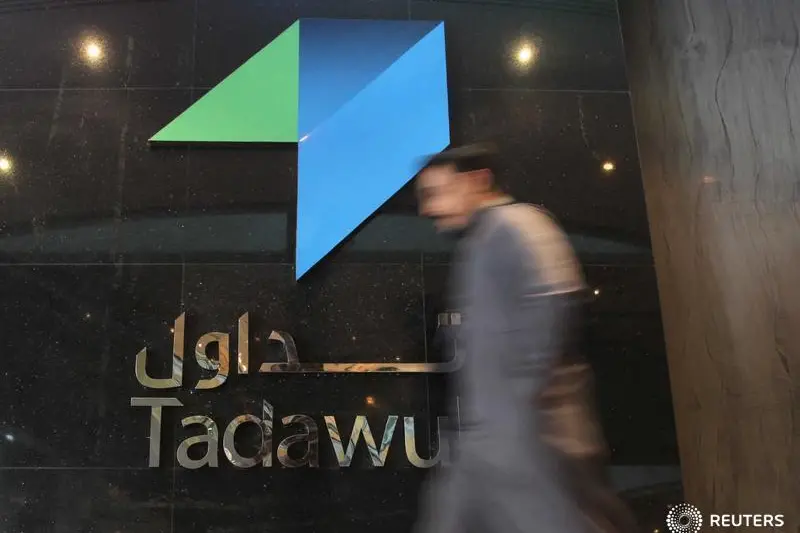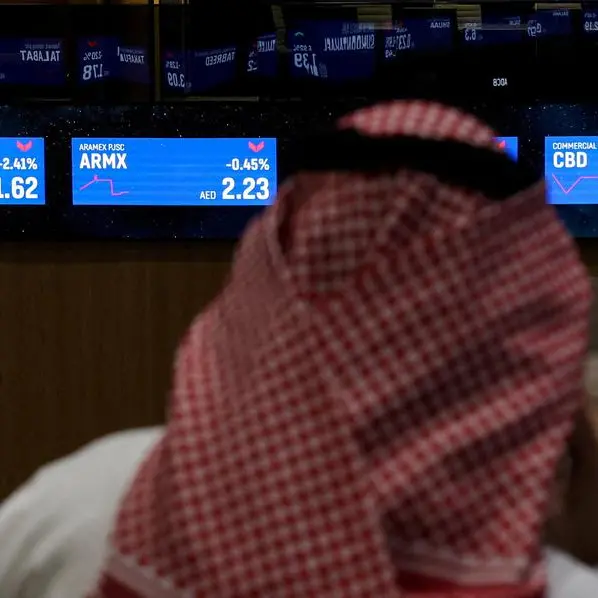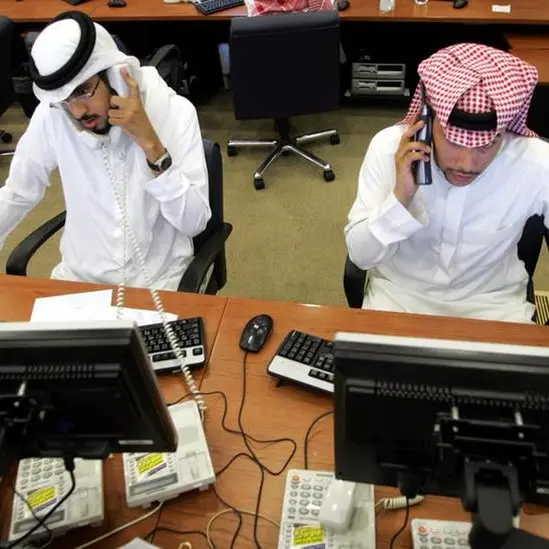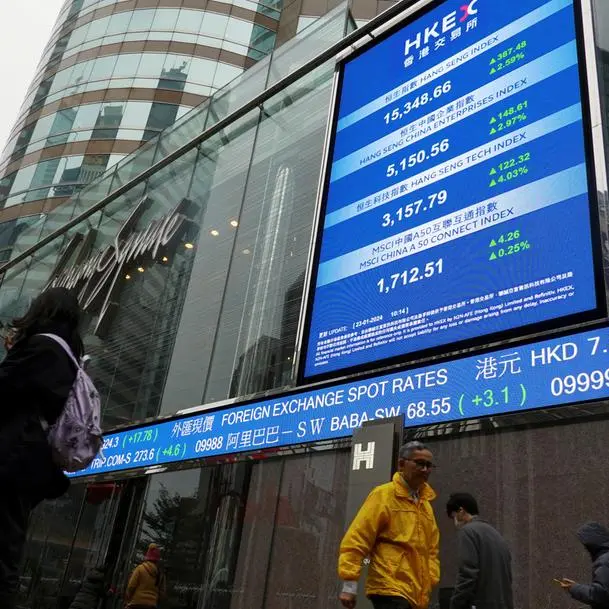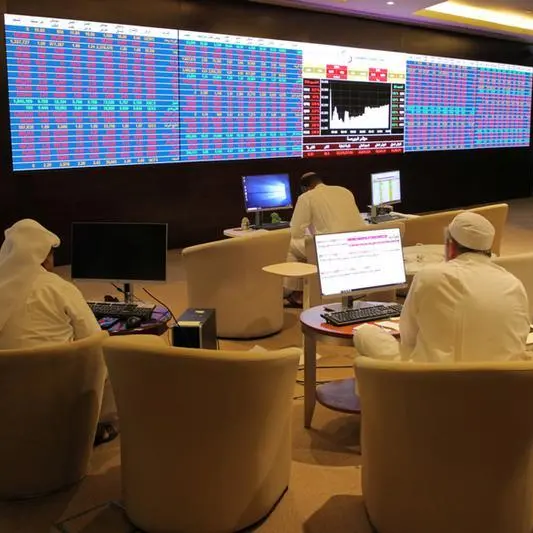PHOTO
Strong investor optimism and a strengthening of regulatory frameworks will give a steady boost to the IPO momentum in Saudi Arabia in 2025, say industry experts.
The market sentiment comes on the heels of two strong IPOs in the kingdom in January alone. Almoosa Health kicked off the innings, closing 15% higher on its trading debut, with Saudi unicorn Nice One doubling that with a 30% surge on debut, heralding positive tailwinds of a bumper rally in the coming months, according to analysts.
Zaid Ghoul, SNB Capital’s Head of Investment Banking, said Nice One’s debut performance was an indicator of investor appetite in the coming months.
“Nice One can be considered the first Saudi unicorn, opening the door for more players to take the initiative and list,” Ghoul told Zawya.
SNB Capital, worked as the financial advisor, bookrunner and lead manager on the Nice One IPO. The final offering price was set at SAR 35 per share and raised a total of SAR 1.2 billion ($323.4 million).
With January off to a solid start, Ghoul said a “strong pipeline of deals” awaits Saudi.
“Equity markets have showed good appetite and liquidity for IPOs in 2024 on TASI and the Nomu market. The momentum is positive, and we expect to see a good number of IPOs coming in 2025 if market conditions continue to be accommodating,” he said.
The IPO pipeline approved for 2025 by the Capital Market Authority (CMA) is a robust mix of sectors and includes cardboard packaging firm United Carton Industries Company (UCIC), the Arabian Company for Agricultural and Industrial Investment (Entaj), Derayah Financial Company, the Al Rajhi Bank–owned Ejada Systems Co., and the Public Investment Fund–backed Umm Al Qura.
Other names reportedly in the running include the Mubadala-backed buy-now-pay-later unicorn Tabby and automaker SAMACO Motors.
A 2025 outlook by Saudi brokerage Al Rajhi Capital estimates the kingdom could witness between 50 to 60 IPOs over the next two years, with seven already approved or closed, while 97 IPOs remain under review.
According to Vijay Valecha, Chief Investment Officer at Century Financial, 2024 saw Saudi Arabia that the lead in Middle East IPO activity, with over 50 listings on its main market and Nomu, far outpacing its GCC peers. This momentum is expected to continue in 2025.
“In terms of sectors, Saudi IPOs, which were initially limited to oil-based companies like Saudi Aramco, have now expanded across various industries, with healthcare, food, banking, and industrials being traditional strongholds,” Valecha continued.
“Additionally, Saudi Arabia’s Nomu platform is seeing more smaller company listings, signalling a diversification of investment opportunities. With over 3,500 foreign-domiciled qualified investors now in Saudi Arabia, the market is poised to remain one of the most active and diverse in the region,” he added.
Investment landscape
The IPO size is also growing exponentially in Saudi, with Al Rajhi Capital’s report estimating the seven approved IPOs to be listed in Q125 could range between SAR 8 to 11 billion, almost averaging the SAR 12 billion IPO size of 2023 and 2024 IPOs combined.
According to James Dervin, Managing Director and co-head of consulting firm Alvarez & Marsal in the Middle East, this access to larger capital pools could provide potential financial benefits to market participants, with possible secondary benefits via increased trading ties with other international markets, customers and suppliers, leading to technology and human capital transfer and exchange.
Earlier this week, Saudi raised $12 billion from global debt markets in a three-part bond sale, attracting strong investor demand, with proceeds expected to help cover a $27 billion fiscal deficit for 2025 and pay down debt.
The bond sale came a day after the country’s sovereign investor, PIF, closed its first Murabaha credit facility, raising $7 billion, as part of its medium-term capital-raising strategy.
“It’s clear that the kingdom and its leadership continue to remove potential inhibitors and barriers to inbound investment, and the rate of progress in that regard bodes well for the kingdom’s ambition of approximately $100 billion of FDI [Foreign Direct Investment] by 2030,” Dervin said.
Changing laws
Last year, Saudi announced its plan to ease rules for foreign investors residing in the GCC by giving them more securities options to directly invest in, including shares listed on the main bourse.
Saudi has undergone a significant transformation in its capital markets following its reclassification to emerging-market status in 2018. The kingdom’s inclusion in prominent international indices, such as MSCI, FTSE, and S&P, have further driven up billions of dollars in institutional capital inflows, analysts said.
(Writing by Bindu Rai, editing by Seban Scaria)
